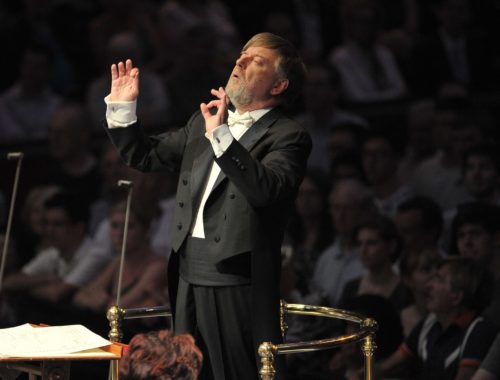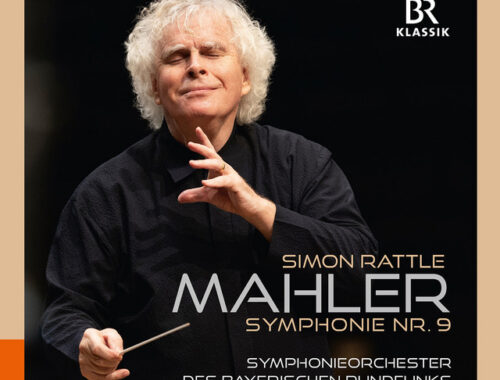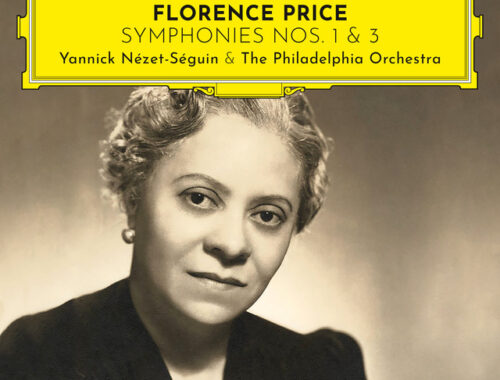GRAMOPHONE: From Where I Sit – August 2021
 During the period when I was Chief Classical Music and Opera critic of The Independent newspaper one thing was always sure to spike my blood pressure: interval banter. Of phrases most commonly overheard at the opera the one that I could never truly get a handle on was ‘It’s great if you close your eyes’. For sure it’s true that as opera productions became more adventurous, more ‘conceptual’, the demands made on audiences from a purely theatrical point of view were decidedly greater. Questions were raised that were sometimes not easily answered and radical new takes on familiar (and much loved) repertoire occasionally left even the most open-minded critics lost for words.
During the period when I was Chief Classical Music and Opera critic of The Independent newspaper one thing was always sure to spike my blood pressure: interval banter. Of phrases most commonly overheard at the opera the one that I could never truly get a handle on was ‘It’s great if you close your eyes’. For sure it’s true that as opera productions became more adventurous, more ‘conceptual’, the demands made on audiences from a purely theatrical point of view were decidedly greater. Questions were raised that were sometimes not easily answered and radical new takes on familiar (and much loved) repertoire occasionally left even the most open-minded critics lost for words.
But for all those occasions where the phrase ‘Emperor’s new clothes’ sprang readily to mind (and boy, did I see some horrors during my time on the front line) the evolution of ‘opera as theatre’ brought much excitement and innovation to the opera stage, sharpening our perceptions and rewarding those of us prepared to see great works in a new light. ‘Closing your eyes’ was no longer an option. And as for that commonly held misconception that in the world of opera singers were somehow a separate entity and not in any way invested in the execution of the staging that would only have held true in the bad old days of opera or what I have often referred to as ‘the taxidermic school of opera production’.
All of which prompts me to acknowledge that some of our favourite opera productions do indeed exist purely in our imaginations and that certain works – like one I reviewed in these pages recently: Bartok’s Duke Bluebeard’s Castle – are more effectively accessed through our imaginations than in any physical manifestation no matter how abstract that might be. Listening again to Bartok’s extraordinary piece in Susanna Mälkki’s impressive new recording on BIS I was struck afresh by the composer’s ability to put us inside the mind, the psyche, of the loneliest character in all of opera.
The landscape of Bluebeard’s mind – if one can say such a thing – is laid out before us in Bartok’s orchestra. Miraculously, in a concert performance of the piece (and my most memorable experiences of it have been in concert, most unforgettably István Kertész and the LSO at the Edinburgh Festival) we stop seeing the singers and the orchestra – arguably the main protagonist of the piece – and see with our ears. Who among us is not overwhelmed by the organ-buttressed blast of C major which opens the fifth door and all too fleetingly symbolises the free spirit Bluebeard longs to be. No single image could convey that feeling, that sensation, better than those momentous light-infused chords – though I have seen stage directors and designers give it their best shot. That’s what I love about theatre: the suspension of disbelief is such a creative force.
But let me conclude by recalling a Royal Albert Hall Prom performance of Bartok’s masterpiece prefaced on this particular occasion by what I still reckon to be the wittiest ‘promenaders’ chant’ ever: ‘Will Duke Bluebeard please go immediately to Door Seven where his wives await’.




